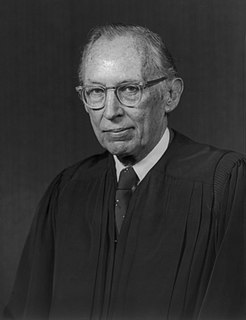A Quote by Jeremy Corbyn
Legal aid... is fundamental to giving everybody in this country access to justice.
Related Quotes
Access to our civil courts has been severely restricted by the combination of: the removal of legal aid from some cases based on their type, not their merit; a high financial threshold for the receipt of legal aid in other cases; and a failure to deliver a safety net for vulnerable individuals by the exceptional funding arrangements.
Legal aid gets a bad press. Some rail against handing taxpayers' money to criminals; others attack fat cat lawyers, while some argue that we spend far more on legal aid than other countries. But let's get some facts straight: saying that legal aid is just about criminals is wrong - most goes to people before any decision is taken on their guilt.
When I was a prosecutor in Kansas City, my job was to fight for justice and safety for all citizens in my community. Equal access to justice under the law is an American value embedded in the fabric of our legal and political system - the idea that anybody, powerful or not, can have their day in court.
Being reliant on legal aid is probably inconceivable to most of us. But this is no different from other branches of the welfare state established at the same time as our legal aid system - being diagnosed with a major illness and needing the NHS, or losing a job and needing the support of social security.
Equal justice under law is not merely a caption on the facade of the Supreme Court building, it is perhaps the most inspiring ideal of our society. It is one of the ends for which our entire legal system exists...it is fundamental that justice should be the same, in substance and availability, without regard to economic status.
Differences of power are always manifested in asymmetrical access. The President of the United States has access to almost everybody for almost anything he might want of them, and almost nobody has access to him. The super-rich have access to almost everybody; almost nobody has access to them. ... The creation and manipulation of power is constituted of the manipulation and control of access.
This is true in other fields, too, that a legal aid lawyer gets a whole lot less money than a Hollywood lawyer who handles the estates of celebrities. Maybe the legal aid lawyer is doing something better, though, and maybe they're happier. It's not a completely unheard of idea, but I do think we have to remind ourselves at times to look for satisfaction in other ways.






























